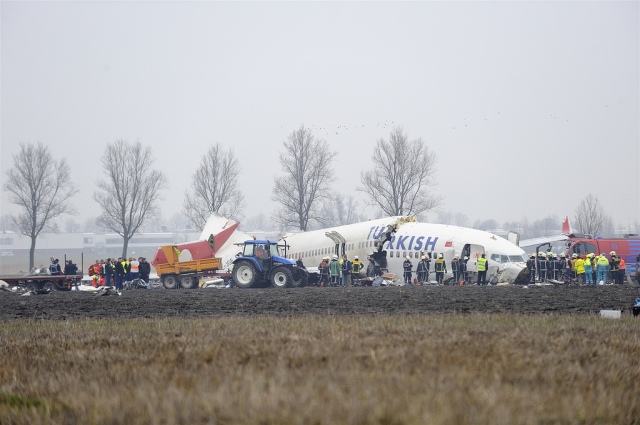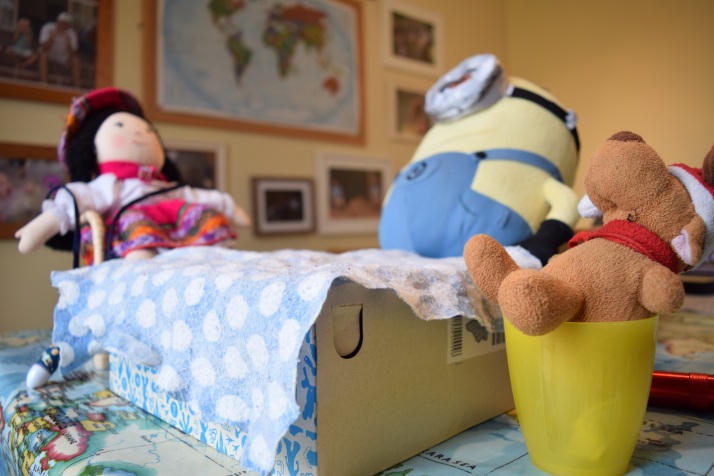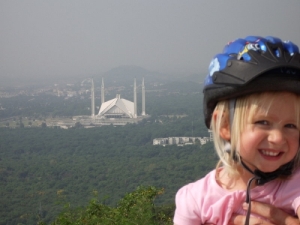Today’s post in my summer of guesting comes from a blogger with whom I share a lot of background. The more I read or hear about The Ersatz Expat, the more I keep wondering if we have actually ever met in real life. Both of us have lived in Nigeria and Venezuela, and both went to school and university in the UK. We also both married Brits. Our lives are very different now, but both of us have a similar sort of childhood to look back at and compare to what we are able to give our own children. Here, the Ersatz Expat talks about some of the experiences from her younger years – and how it has helped her parent her own expat children.
Irrational fears
I have never not been an expat. As a child we lived in some benign places (Norway, the UK and the Netherlands) but also experienced some more challenging postings. This has coloured how I relate to the expat experiences our own children have and I try, wherever possible, to see things through their eyes.
Age 11, I was parachuted into a British boarding school far from the culture I had grown up with. Following a first term at my new school, I had to travel to Lagos on my own. (Yes the airlines supervise UM (unaccompanied minors) but the help they gave in the 1980s was close to useless so I had to fend for myself). I remember sitting on the plane to Nigeria for the first time having had no correspondence with my parents for 4 months. I was very worried about what I would find on arrival; I even thought my family would have become africans because they were now living there and I wondered if I would recognise them with brown skin and curly hair. This crazy memory makes me realize that children, no matter how mature and capable, can become irrationally worried about things.
A few months ago our son, who had previously spoken good Russian was refusing to ‘understand’ it any more. He was also failing to progress in his Mandarin and Bahasa Malay lessons. It turned out that he realised that I no longer spoke my birth language (Dutch) easily and that it takes me some time to get back into the groove, mostly because I have no real reason to speak it now my mother and grandmother are dead. He was worried that he might forget English if he learned another language. It was another irrational fear that, when analysed, makes perfect sense in the mind of an expat child.
Handling emergency situations with children
One time, when leaving Nigeria I got caught up in an armed robbery at the airport. Our flight could not leave as we were in lockdown and had been sent to the arrivals hall to collect luggage. We heard shots in the unloading bay and 5 bodies came up the conveyer belt. My mother took me to her car and told the driver to wait somewhere safe she then went off to investigate. I knew that I would be safe if I did what my mother told me with no questions asked and I trusted her to know what to do. Luckily our children have not been involved in an armed robbery or anything like that but we make sure that they know that when we speak in a certain tone they must do as they are told (being absolutely silent when the car is hit by a sudden blizzard for example) and that we will explain the reasons why later. We also make sure that they have confidence that we can handle any situation we are in (even if we don’t) and that our children are never an outlet for our fears.
We lived in South East Turkey in the 1990s (enough said). It was possibly the most dangerous posting we have ever had. A bomb went off in the building next to us while I was doing some work experience with a family friend, my parents were directly involved in another bomb scare and we had to check under the car on a daily basis. A guard followed me if I went out and flights to the local airport were in danger of being shot down and these experiences were the tip of the iceberg. Every time I called to reconfirm our flights (remember those days) I was told the airline advised against travel there. My greatest fear was that I would be called in to the housemistress’ room to be told my parents had been killed and I used to think carefully about how I would tell my sister. I was scared stiff for three years straight. My parents were always scrupulously honest about dangers and issues that arose which helped me to worry less. I also got the school to let me have R4 (Radio 4) on late at night in my room so I could sleep knowing that there were no reported issues at home.
Being honest
From this I have learned never to brush things under the carpet, we have always made sure that our children are aware of everything they need to be without blowing things up out of all proportion. We also make sure that they have the props they need to feel safe. My father in law died just before we left the UK for Kazakhstan. They were very young but felt his loss keenly and when they first went abroad they were concerned that another family member might disappear or that they would never see them again. We have always promised them that we will let them know if they need to worry and make sure that they have regular ‘phone and skype contact. Hopefully this helps to dispel some of their concern.
Just after we arrived in Sarawak the terrible news came through about MH17. A child in the children’s new school lost a parent and many others in the community were impacted. Our children heard what had happened and they knew that family would be coming to visit us via the same route and that we would be flying with Malaysian Airlines whenever we travelled out of country. They also knew the Ukraine, Kiev being a regular stop over on flights to and from Kazakhstan. Knowing how I would have reacted to the news as a child helped to inform the way we spoke with our two. We were very honest about what had happened and why and we have been similarly upfront about recent terrorist attacks. We feel that if the children are prepared for the world being a scary place while knowing that there are good and decent people in it they will be better able to handle it as they grow up and have more independent experiences in life.
One of the great benefits of expat life is the independence, maturity and capability it fosters in children from a young age. I certainly hope that our children gain those benefits although I also hope they avoid bombs and shootings for a few years yet.
(photo: RNW.org)
Have you been in any emergency situations with your own children? Or needed to speak to them about something that has happened? How have you handled it? How honest have you been with them?









